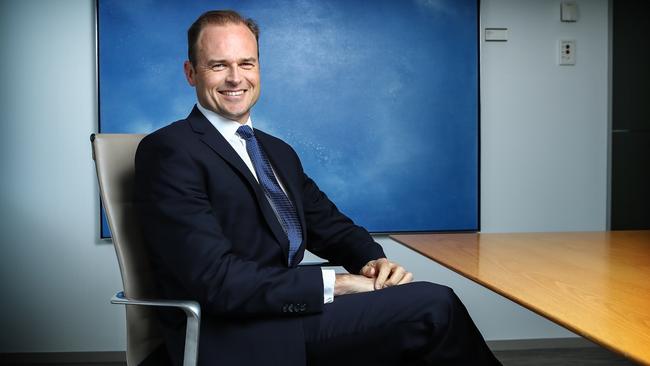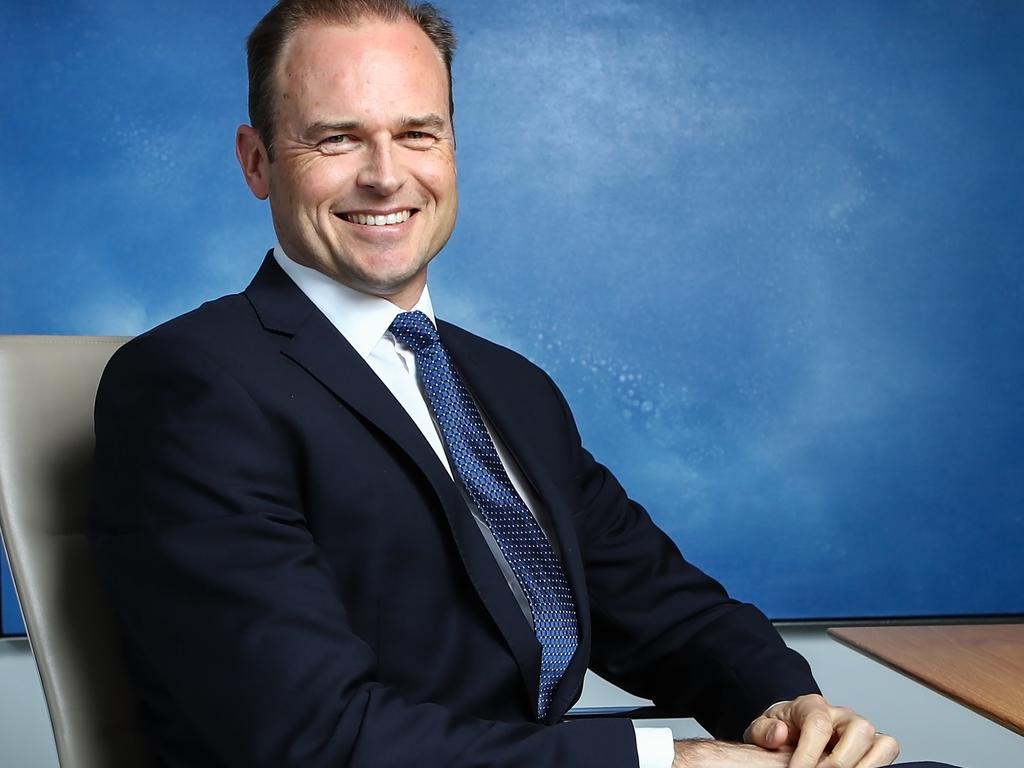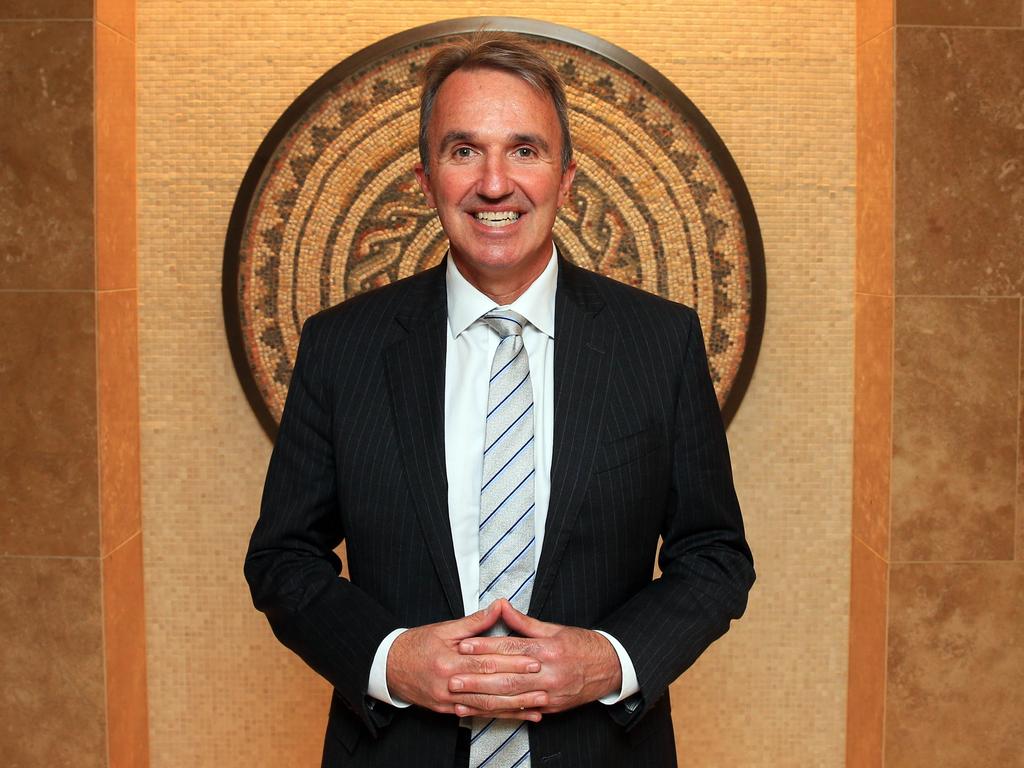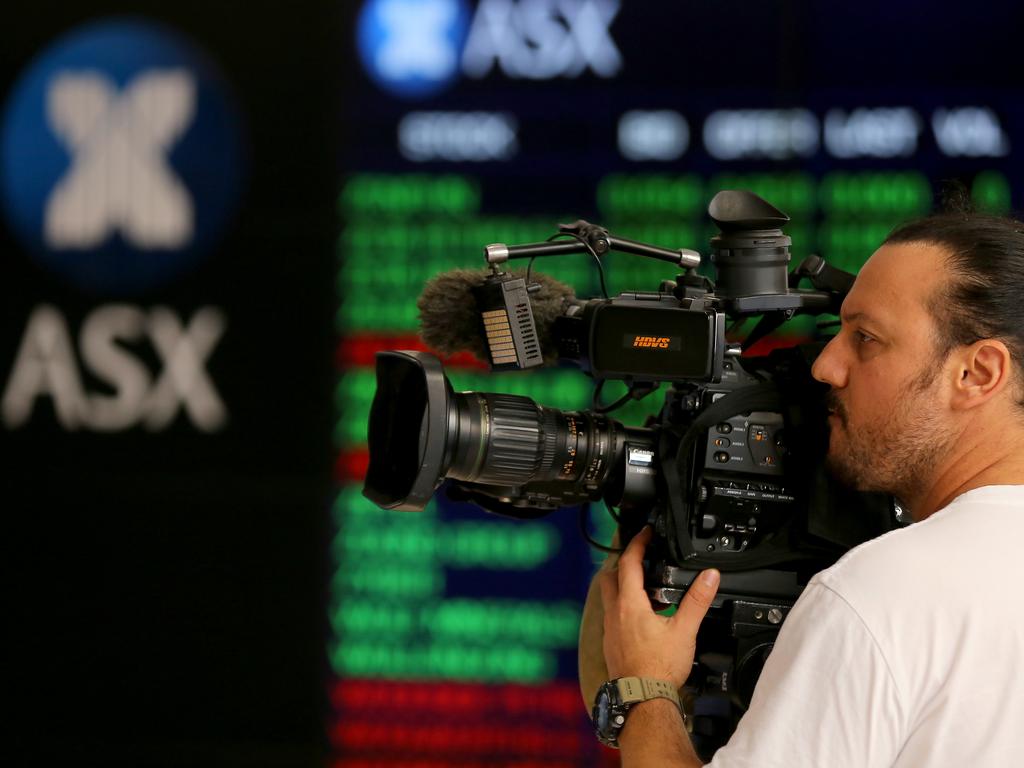Capital Group bets on Amazon as safe havens evolve
The rapid acceleration in disruption brought on by the COVID pandemic has redefined the traditional safe haven/defensive asset class.

The rapid acceleration in disruption brought on by the COVID pandemic has redefined the traditional safe haven/defensive asset class, according to one of the world’s biggest and oldest fund managers, the $US2.1 trillion ($2.8 trillion) Los Angeles-based Capital Group.
Matt Reynolds, Capital’s Australian investment director, said that as advances in technology made the traditional approach to defensive investing less effective, investors needed to look for new attributes in defensive companies.
Defensive stocks traditionally provide consistent returns, regardless of how the stockmarket or economy is performing.
“In the world of equities, historically safe-haven defensives have been regarded as a well-established equity sub-class group. These have included energy, utilities and consumer staples companies, that generally generate consistent, predictable revenues. But in 2020, that sense of accepted wisdom has changed. The rate of change disruption has brought about has in fact accelerated, with an impact on business models and the long-term investment case for some incumbent defensives,” he told The Australian.
He said the typically high-yielding energy sector had been among the hardest hit during the COVID-19 pandemic and continued to see bouts of volatility amid supply and demand uncertainties.
“In contrast, Amazon, which used to be regarded as a volatile tech stock in its early days, is now one of several high-growth companies that have matured into large, diversified businesses. From an equity investment perspective, it has behaved somewhat defensively as it has benefited hugely from stay-at-home policies.
“These changes in the investment landscape have sparked a debate on what now constitutes a defensive stock,’’ he said.
The world’s most famed investor, Warren Buffett, famously emerged with a stake in Amazon in May 2019, and during the pandemic the company’s online retail operation and its cloud computing segment, Amazon Web Services, have been booming, driving a 70 per cent increase in Amazon shares this year.
Mr Buffett’s Berkshire Hathaway also has nearly a billion Apple shares worth almost $US120bn ($159.2bn), now comprising about 45 per cent of its portfolio value. Apple shares have gained more than 65 per cent this year.
A recent Fortune 500 CEO poll found that 75 per cent of American companies planned to increase spending on technology to reduce costs, increase profits and improve efficiencies.
Mr Reynolds, the former head of Australian Equities at Colonial First State Global Asset Management who joined Capital last year, said two themes were shaping a new breed of defensive company: new technology, which drives secular growth; and new business models, which drive lower cyclicality in earnings.
“New defensive companies might, for example, provide new products or services that have a relatively low market penetration, with strong potential for secular growth. This can provide a robust tailwind that can support growth even during economic downturns,’’ he said, pointing to digital media and entertainment companies, “connectivity enablers”, e-commerce firms and those engaged in the generation and distribution of renewable energy.
He said new defensive companies had also developed strategies to reduce the cyclicality of their earnings, pointing to non-bank financials such as exchanges and data providers that were less exposed to economic conditions, or companies embracing digital initiatives to help improve their brand value.
He also pointed to software companies offering subscription pricing models to improve the adoption and accessibility of their products and alternative health care providers looking beyond traditional big pharmaceutical companies to identify interesting business models elsewhere within the sector.
He said Capital also believed there were more meaningful and specific ways to value new defensive companies than focusing on simplistic valuation metrics like price-earnings ratios.
“Return on invested capital may be a more useful indicator than earnings for growing companies (and) low interest rates can be supportive of sustainably higher equity market multiples for long-duration growth companies,’’ Mr Reynolds said.
“Market caps are generally in line with profit contributions (and) valuations are often supported by strong earnings growth and are more justifiable within a medium to long-term investment horizon.”
Capital’s flagship global equity offering, the New Perspective Fund, has been running for more than 45 years.
It aims to achieve long-term capital growth by taking advantage of investment opportunities generated by changes in international trade patterns and economic and political relationships.
It has seven portfolio managers based in all the major investment jurisdictions around the world.
Over the past five years to November 20, the fund has returned 13.3 per cent per annum after fees compared with the MSCI ACWI ex Australia’s (with net dividends reinvested) return of 10.9 per cent.
Capital recently surpassed $1 billion in Australian-sourced assets under management for the New Perspective Fund.








To join the conversation, please log in. Don't have an account? Register
Join the conversation, you are commenting as Logout